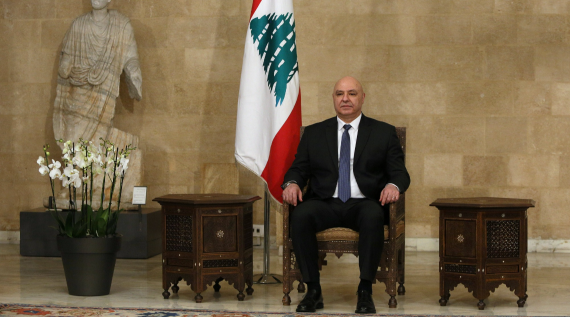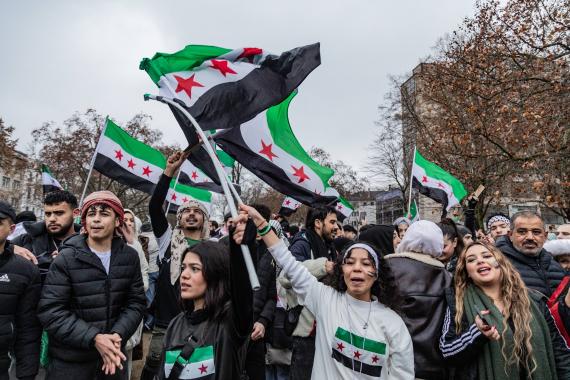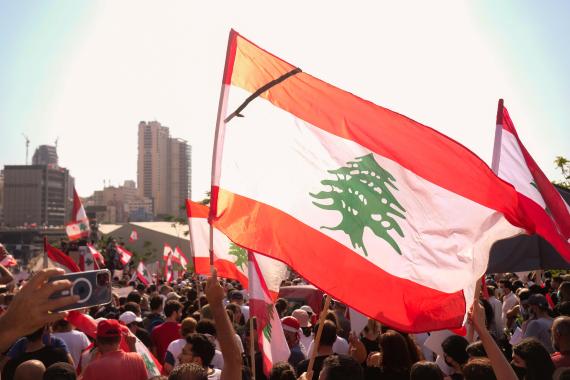Regional normalisation – Syrian perspectives
Turkish and Arab attempts to establish a new foundation for their relationship with Syria are viewed with concern especially in areas outside of the regime’s control.
Both the Arab League and Turkey have initiated a process of normalizing ties with the Syrian regime: While the Arab track, led by Saudi Arabia, has received wide international attention and media coverage, in Syria itself the Turkish efforts are monitored much more closely due to Turkey’s active role in Syrian political and security affairs. Yet, as of now, none of the two initiatives have achieved any significant progress, which can mainly be attribute to the Assad regime’s unwillingness to make any concessions. Nonetheless, non-state actors in Northern Syria remain apprehensive. Furthermore, amidst an ever-worsening economic crisis in Syria, unrest and demonstrations are also flawing up in regime-held territories.










